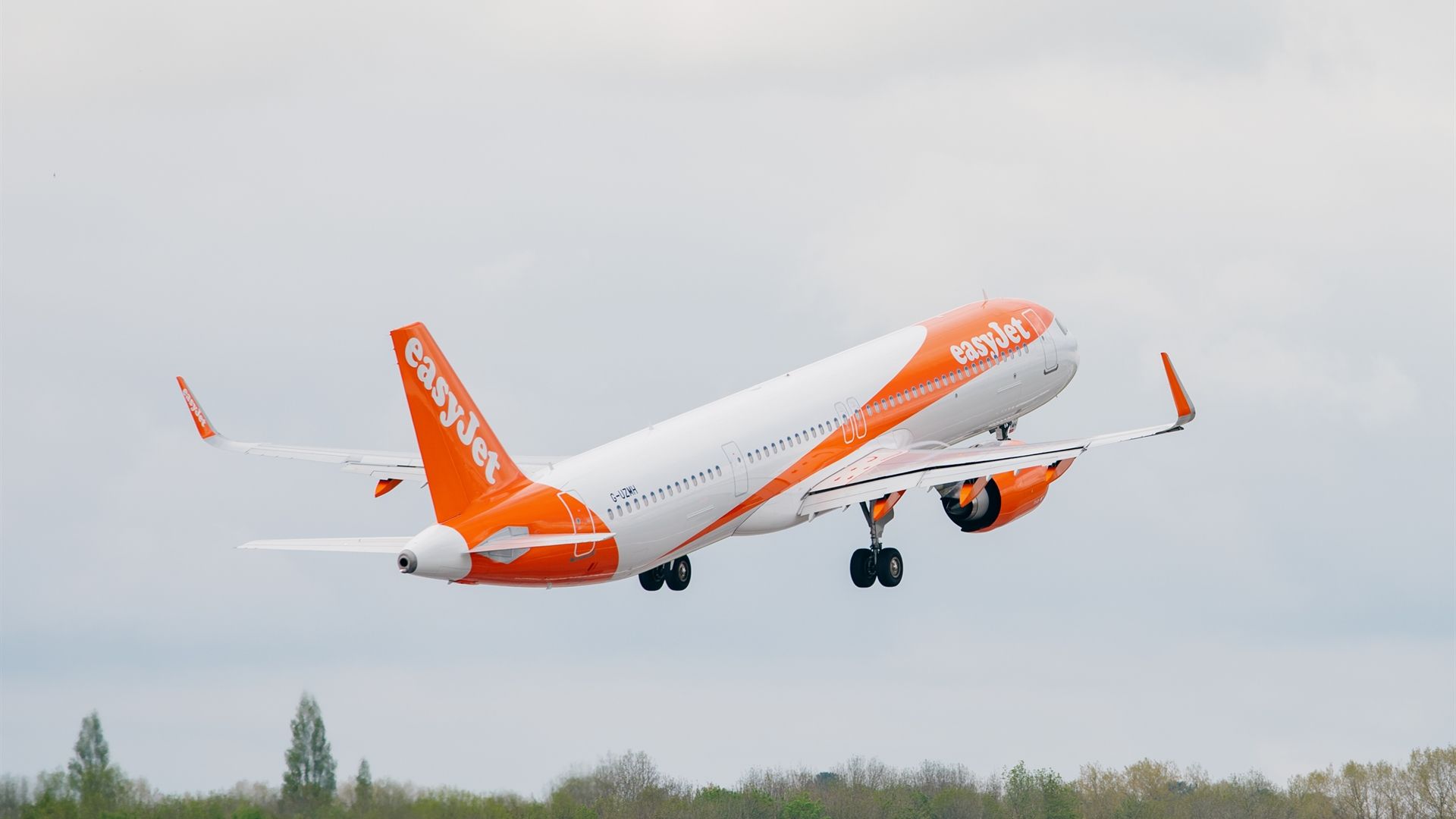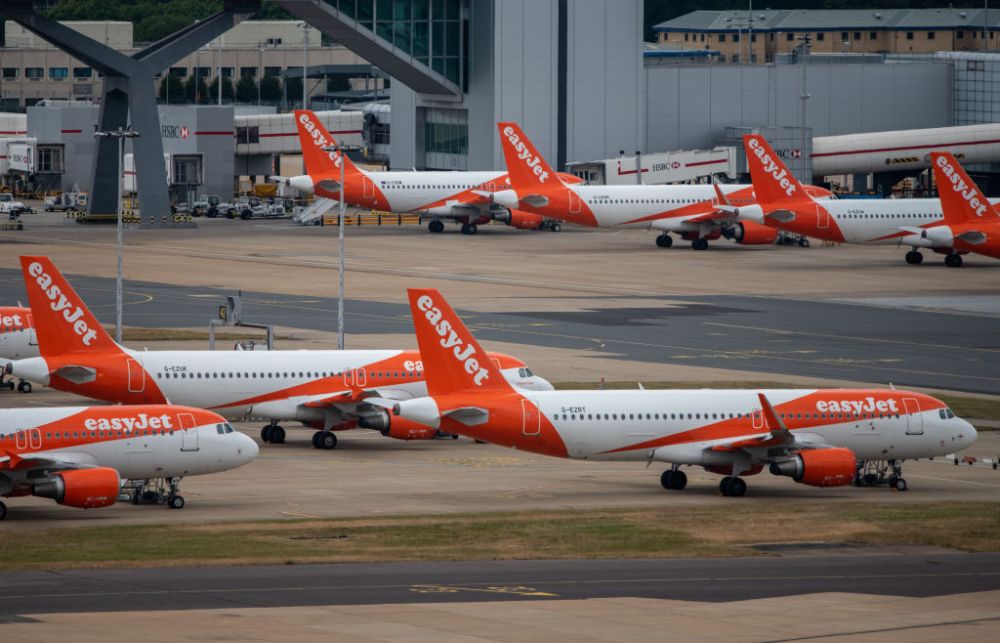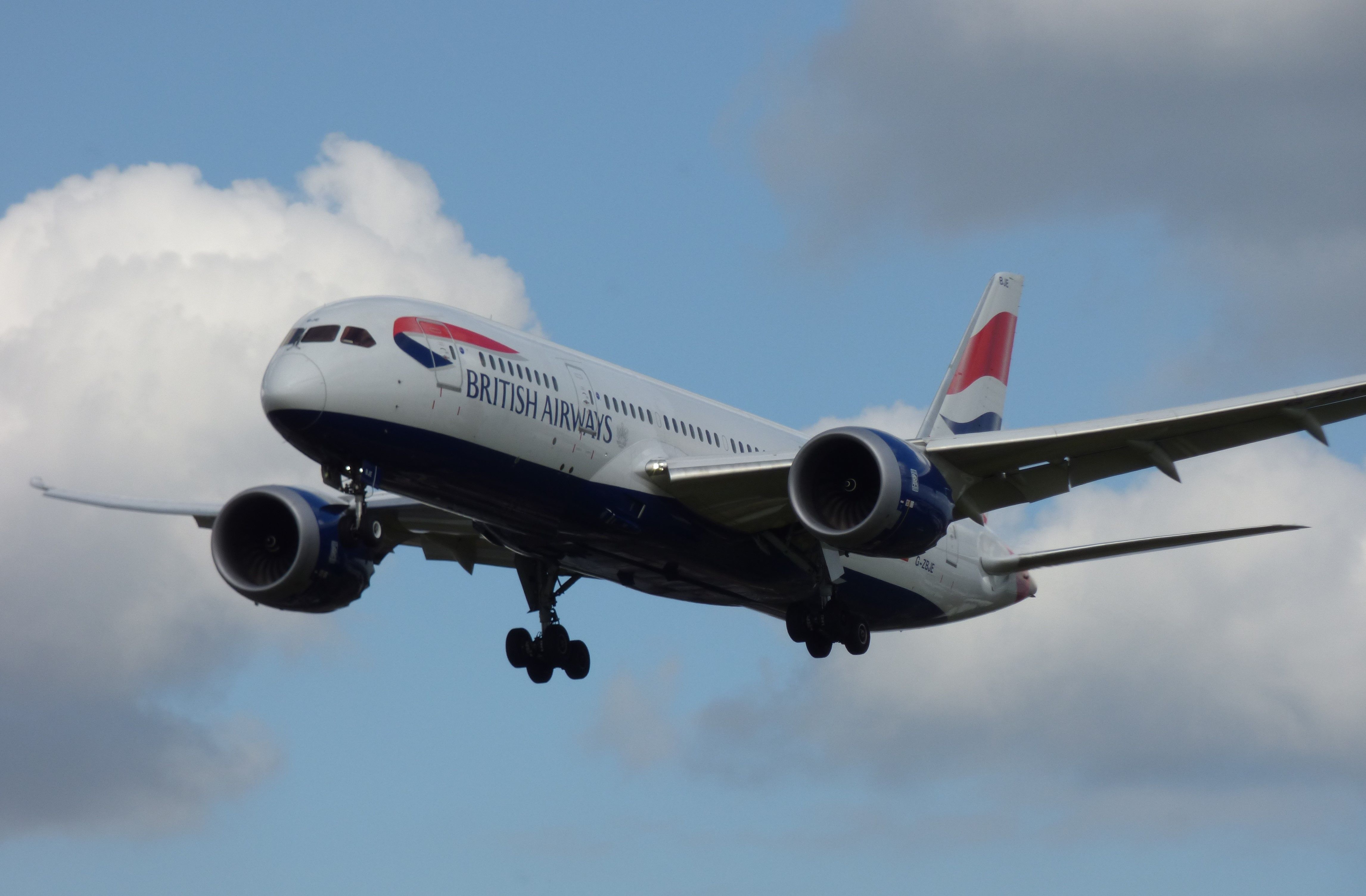On June 14th, the UK Civil Aviation Authority and the Department for Transport (DfT) sent a joint letter to airlines and UK airports to address the continuous disruptions that have characterized the past few weeks. The two authorities suggest the UK aviation industry should take immediate action to improve service quality before the summer peak months.
In the letter, CAA chief executive, Richard Moriarty, and DfT's director general for aviation, Rennia Leontaridi, have identified five main areas of improvement on which airlines and airports are invited to work. These range from more realistic schedules for airlines to better coordination among all stakeholders involved in running airport operations.
The context
Over the past few weeks, the UK aviation industry has faced several operational challenges, ranging from heavy delays to flight cancellations. Indeed, following the relaxation of travel restrictions in the country, passenger demand has been progressively increasing: in the first quarter of 2022, the number of passengers flying to and from the UK increased by 40%. However, according to OAG, it was not until June that airlines managed to increase capacity, as measured in Available Seat Kilometers (ASKs) by approximately the same amount, 46%.
According to Grant Shapps, the UK transport secretary, airlines have done little to meet the increasing demand levels which followed the relaxation of travel restrictions. For instance, staff levels, which were much depleted during the pandemic, are not growing as fast as passenger numbers, resulting in last-minute delays and cancellations.
This affects not only airlines, but airports as well, which further increases the chance of disruptions. ACI Europe has warned that European airports are not likely to increase their staff levels in time for the pent-up demand forecast for next summer.
Consequently, the UK CAA and DfT joint letter represents the attempt to at least lessen, if not completely prevent, the unavoidable operational challenges the UK aviation industry is bound to face in the next few months.
The five areas of improvement
In their letter, Moriarti and Leontaridi recognize that some UK airports and airlines have delivered a good level of service over the past few weeks. Indeed, several disruptions were caused by external factors which were out of airlines' and airports' control, such as Air Traffic Control delays in other countries. Nonetheless, they have also identified five main areas where improvements are urgently needed.
- Airlines have been asked to review their summer schedule up to the end of September 2022 to align it with their available resources, especially in terms of staff numbers. Indeed, schedules should be flexible enough to allow carriers to efficiently tackle potential delays and cancellations. As an example, last May, British Airways announced it would ax 10% of its services from London Heathrow to avoid last-minute cancellations. Furthermore, carriers are required to inform their customers of potential disruptions in due time.
- The airport's chief executive should foster cooperation among all stakeholders involved in providing aviation services, including airlines, ground handlers, controllers, and Border Force. The aim of such collaboration is to unanimously tackle potential disruptions. Therefore, airports have been advised to establish collaborative working groups, which shall report to a Strategic Risk Group led by the UK aviation minister, Robert Courts.
- Both airlines and airports should enhance communication with passengers in case of flight disruptions. Particularly, they should outline passengers' rights regarding monetary compensation in case of delays and cancellations.
- The UK CAA and DfT are also concerned about the level of service offered to disabled and less mobile people. The relevance of this aspect led the CAA to send a separate letter to airports dealing with a high number of passengers requiring this kind of assistance. In the letter, the CAA expects airports to cooperatively find solutions with airlines and ground handlers to avoid the failures witnessed in the past few weeks. All airports involved should notify the CAA of the solutions they have come up with by June 21st.
- Finally, working on developing resilient and efficient management of potential disruptions should not prevent airlines and airports from constantly ensuring the safety and security of all aviation industry stakeholders.
Flights booked before June 8th are also covered under the "Book With Confidence" policy. Photo: Jake Hardiman | Simple Flying
Government support
The CAA and DfT recognize that the UK aviation industry is currently facing a challenging time. Therefore, the joint letter reminds airlines and airports that the UK government's Strategic Risk and Summer Resilience Groups are ready to work together with the industry to ensure improvements in the five areas are achieved.
Moriarti and Leontaridi believe that the reputation of the UK aviation industry is strictly dependent on the ability of its stakeholders to come together and develop a resilient response to the challenging months ahead.



